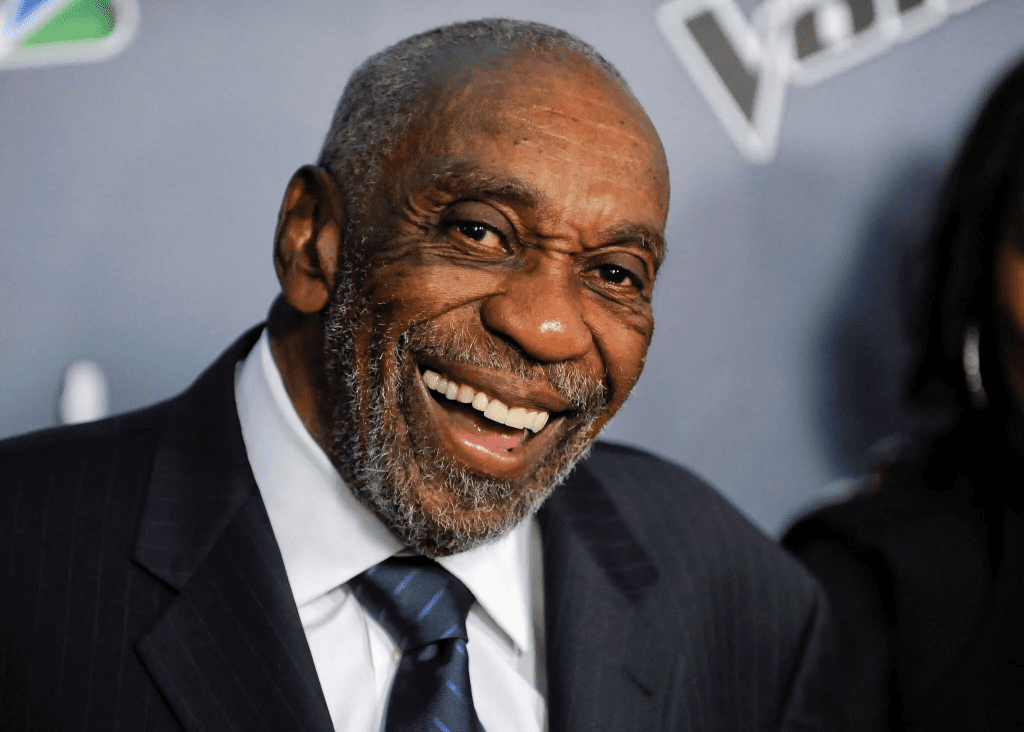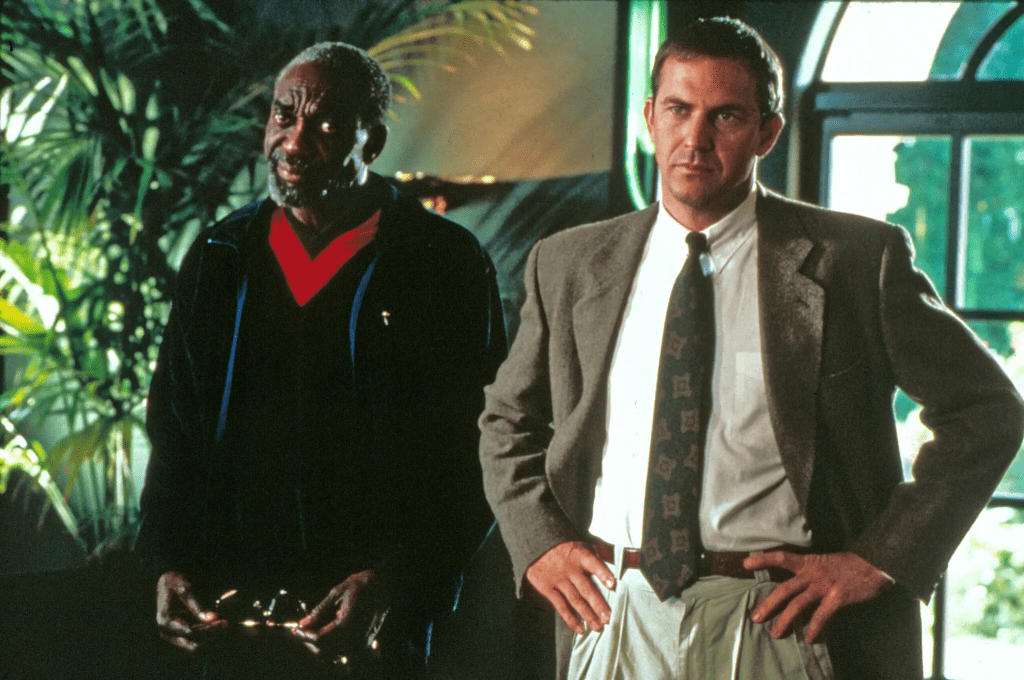In the vast and ever-evolving landscape of Hollywood, there are a select few actors whose faces are instantly recognizable, yet whose names often escape the collective memory of the general public. One such performer was the remarkable Bill Cobbs, a character actor whose prolific career spanned over five decades and included appearances in more than 200 films and television shows.

Bill Cobbs in 2013. He was 36 when he moved from Cleveland to New York to pursue acting.Credit…Gus Ruelas/Reuters
Despite never achieving the level of fame and acclaim afforded to leading men and women, Cobbs left an indelible mark on the entertainment industry, captivating audiences with his natural charisma, versatility, and unparalleled depth of talent. From his humble beginnings in Cleveland, Ohio, to his eventual rise as a respected and sought-after character actor, Cobbs’ journey is a testament to the power of passion, perseverance, and the unwavering pursuit of one’s artistic dreams.
Born in 1934, Bill Cobbs’ path to Hollywood stardom was anything but traditional. After serving eight years in the Air Force, where he honed his comedic skills through stand-up performances, Cobbs embarked on a series of unconventional career choices, working as a radar technician, a car salesman, and even a toy salesman, all the while nurturing his budding passion for acting.
It wasn’t until Cobbs was 36 years old that he made the bold decision to move to New York City and pursue his dream of becoming a professional actor. Undeterred by the challenges and uncertainties that come with such a career shift, Cobbs immersed himself in the vibrant theater scene, honing his craft and slowly but surely building an impressive resume.
As Cobbs’ acting career began to take off, he quickly became known for his ability to seamlessly inhabit a wide range of characters, from gritty police officers and tough-talking mobsters to warm-hearted fathers and wise mentors. His performances were marked by a level of nuance and authenticity that elevated even the most minor of roles, captivating audiences with his effortless ability to convey the full range of human emotions.

Mr. Cobbs with Kevin Costner in the hit 1992 film “The Bodyguard.” Mr. Cobbs played the manager of a singer played by Whitney Houston; Mr. Costner played the title role.Credit…Warner Bros., via Photofest
Whether he was sharing the screen with Hollywood heavyweights like Paul Newman and Tom Cruise or lending his talents to beloved children’s series like “Sesame Street,” Cobbs brought a level of professionalism and dedication to his craft that earned him the respect and admiration of his peers and the adoration of fans.
One of the hallmarks of Cobbs’ acting prowess was his remarkable ability to completely disappear into his roles, blending seamlessly into the ensemble and allowing the character to take center stage. From his memorable turn as the manager of Whitney Houston’s character in “The Bodyguard” to his portrayal of a famous jazz pianist in “That Thing You Do!,” Cobbs consistently demonstrated his talent for transforming himself, eschewing the spotlight in favor of elevating the overall narrative.
This talent for nuanced, understated performances made Cobbs a true chameleon, capable of seamlessly transitioning between genres and tones without ever drawing undue attention to himself. It was this selfless approach to his craft that endeared him to directors and audiences alike, solidifying his reputation as one of the most versatile and reliable character actors of his generation.
Despite his impressive filmography and the respect he commanded from his peers, Bill Cobbs never sought the spotlight or the trappings of Hollywood stardom. Instead, he remained a humble and approachable figure, a true “everyman” actor whose relatable performances struck a chord with audiences on a deeply personal level.
Whether he was playing a kindly security guard in the “Night at the Museum” franchise or a wise and experienced police officer in “Demolition Man,” Cobbs imbued his characters with a sense of authenticity and humanity that resonated with viewers. His ability to capture the essence of the everyman – the struggles, triumphs, and everyday experiences that unite us all – made him a beloved figure in the entertainment industry, a character actor whose impact far exceeded the confines of the roles he portrayed.
In the end, Bill Cobbs’ legacy as an actor is not defined by the number of awards he won or the size of his fame, but by the indelible mark he left on the art of storytelling. Through his countless performances, he brought to life a rich tapestry of characters, each one infused with a depth and complexity that elevated the material and captivated audiences.
As we remember this remarkable performer, we are reminded of the power of the unsung hero, the quiet maestro whose impact is felt not in the blinding glare of the spotlight, but in the lasting impression left on the hearts and minds of those who bear witness to their craft. Bill Cobbs, the legendary character actor whose face was known to millions, yet whose name often escaped the collective memory, will forever be remembered as a true icon of the silver screen, a master of his craft, and a testament to the enduring power of the art of acting.


